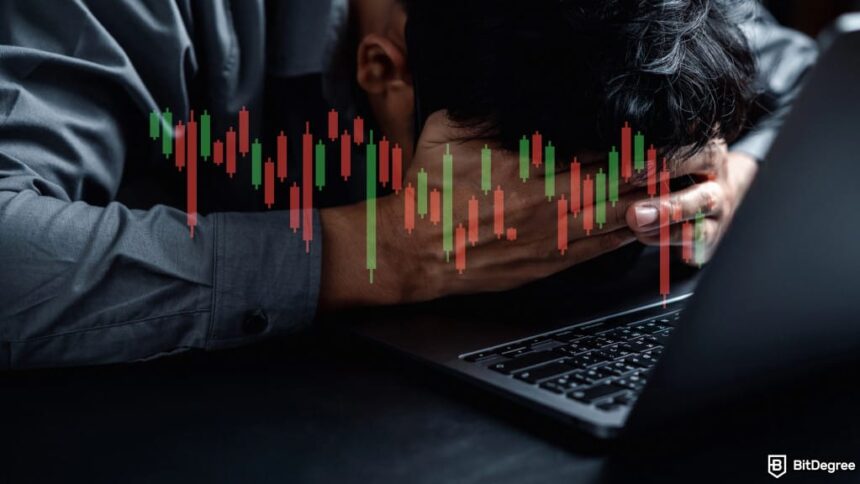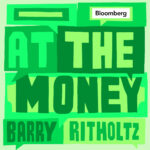You might already know the feeling of hearing some big-name economist, analyst, or investor drop a take on Bitcoin… and it sounds like they learned what crypto is five minutes ago.
We’ve talked about it before – like that Financial Times market columnist who didn’t understand the difference between Bitcoin’s scarcity and the scarcity of teeth.
And today’s guest star is Kenneth Rogoff, Harvard professor and former IMF chief economist (you know, a guy with the kind of résumé that usually gains people’s trust).
Well… back in 2018, he said Bitcoin was more likely to crash to $100 than ever reach $100K.
Yeah. Aged like milk 😬
And he recently explained what he thinks he got wrong – which we’d like to comment on 👇
“I was far too optimistic about the US coming to its senses about sensible cryptocurrency regulation; why would policymakers want to facilitate tax evasion and illegal activities?”
Translation: when he made his prediction about Bitcoin crashing to $100, he assumed US lawmakers would bring in strict rules early – for example, close tax loopholes, track transactions, restrict criminal use cases.
In his mind, that would’ve made Bitcoin’s demand collapse, because he sees it as mainly used for illegal activity.
Now, sure, he’s half-right here – US regulation has been slow and messy. But he’s wrong to think the only result was criminals using Bitcoin.
In reality, that regulatory gap allowed other forms of demand to take root: cross-border payments in countries with unstable currencies, people using Bitcoin as a hedge against inflation, and eventually, institutional adoption.
Even without perfect rules, Bitcoin proved it could attract legitimate, global demand – not just black-market transactions.
“Second, I did not appreciate how Bitcoin would compete with fiat currencies to serve as the transactions medium of choice in the twenty-trillion dollar global underground economy. This demand puts a floor on its price.”
Here he doubles down on the “underground economy” argument – drugs, ransomware, sanctions evasion, and black-market finance.
Sure, Bitcoin plays a role there. But saying that’s the main reason it has value is a bit delulu.
Today, the biggest drivers are institutions (like BlackRock, Fidelity, Strategy) and Bitcoin’s narrative as digital gold.
So, the black market isn’t irrelevant – but it’s not the core of why Bitcoin trades above $100.
“Third, I did not anticipate a situation where regulators, and especially the regulator in chief, would be able to brazenly hold hundreds of millions (if not billions) of dollars in cryptocurrencies seemingly without consequence given the blatant conflict of interest.”
This is his last point – basically saying it’s a problem that regulators themselves can hold crypto without consequences.
Which definitely could be ethically questionable, but once again – this doesn’t really explain Bitcoin’s price.
Markets don’t move because some policymakers own BTC – they move because trillions are flowing through ETFs, corporate treasuries, and retail traders.
|
And that’s the thing about economists like Rogoff: they’re great at analyzing assets that fit traditional models – stocks, bonds, currencies backed by central banks – but Bitcoin doesn’t fit that mold.
It doesn’t have cash flows or a central authority. Its price comes from adoption, tech cycles, and network effects. That mix is hard to measure with standard tools.
Which is why even top experts can call for $100 while Bitcoin is climbing toward $100K.
|
Now you’re in the know. But think about your friends – they probably have no idea. I wonder who could fix that… 😃🫵 Spread the word and be the hero you know you are! |











